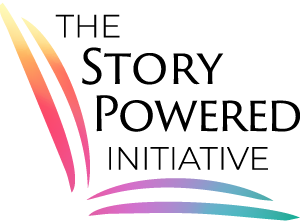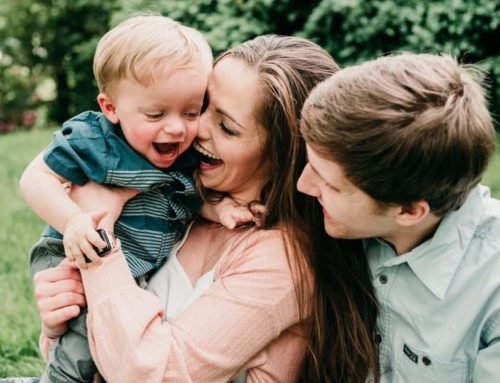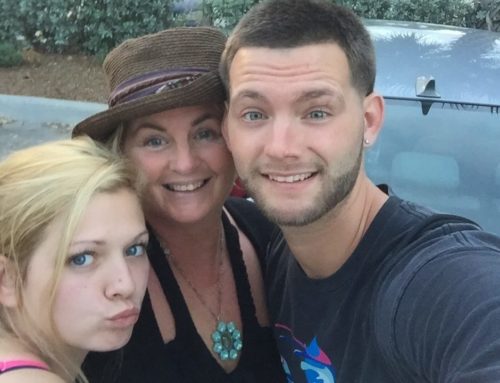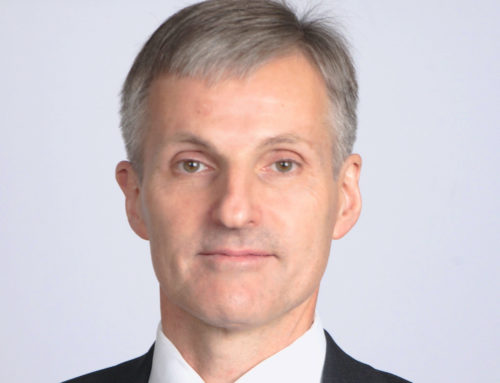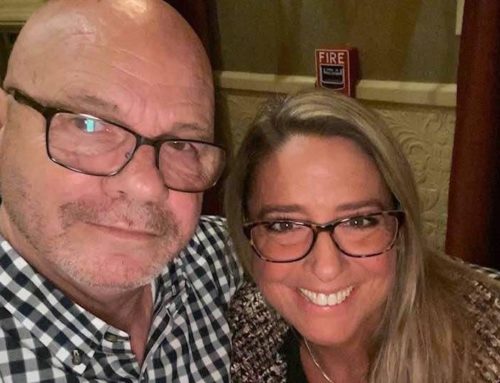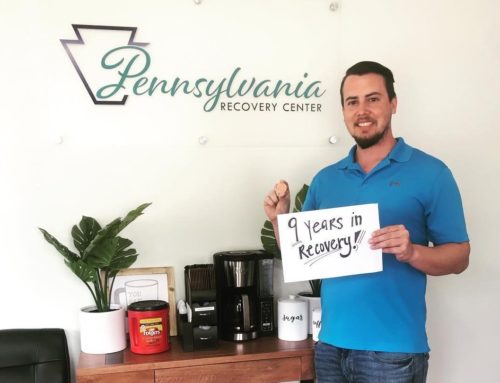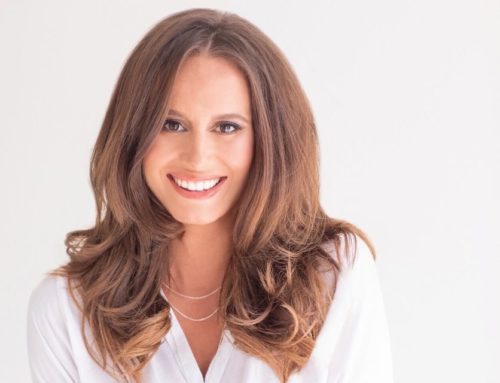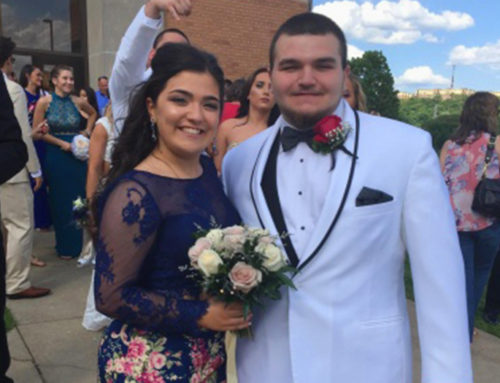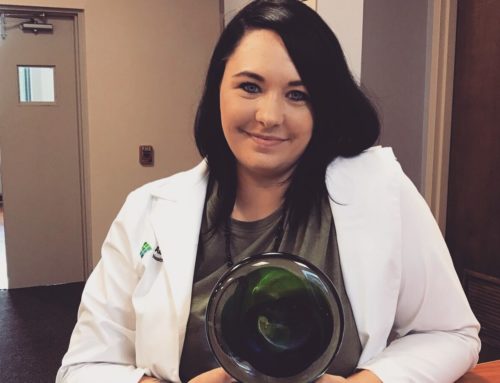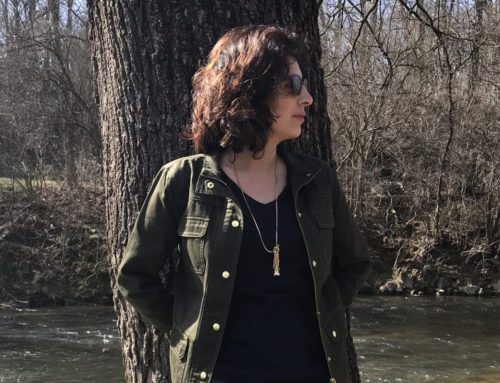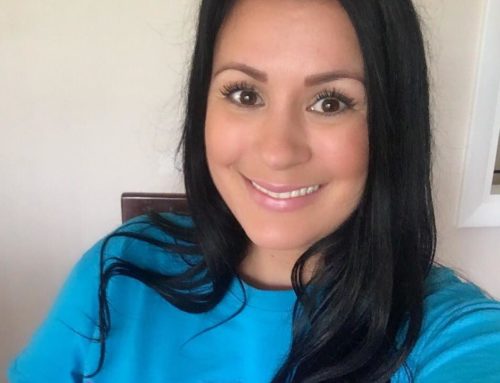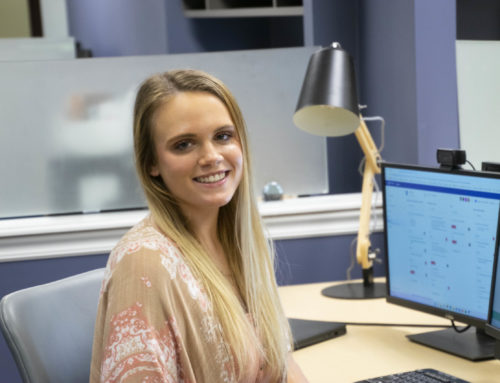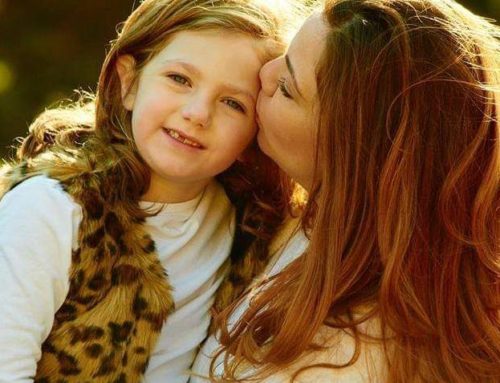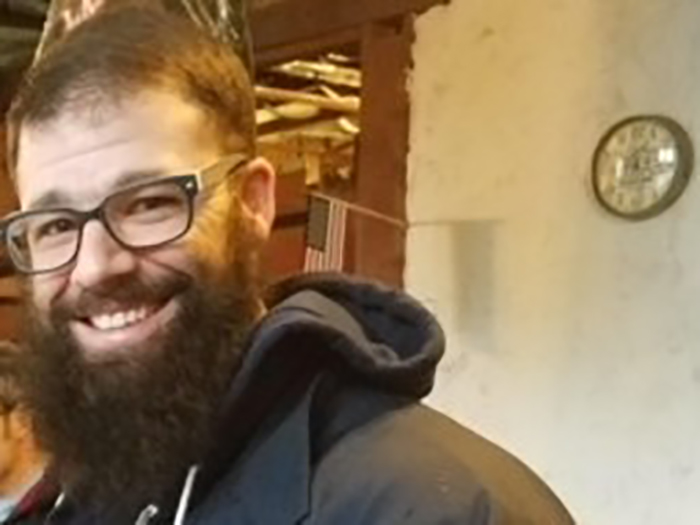
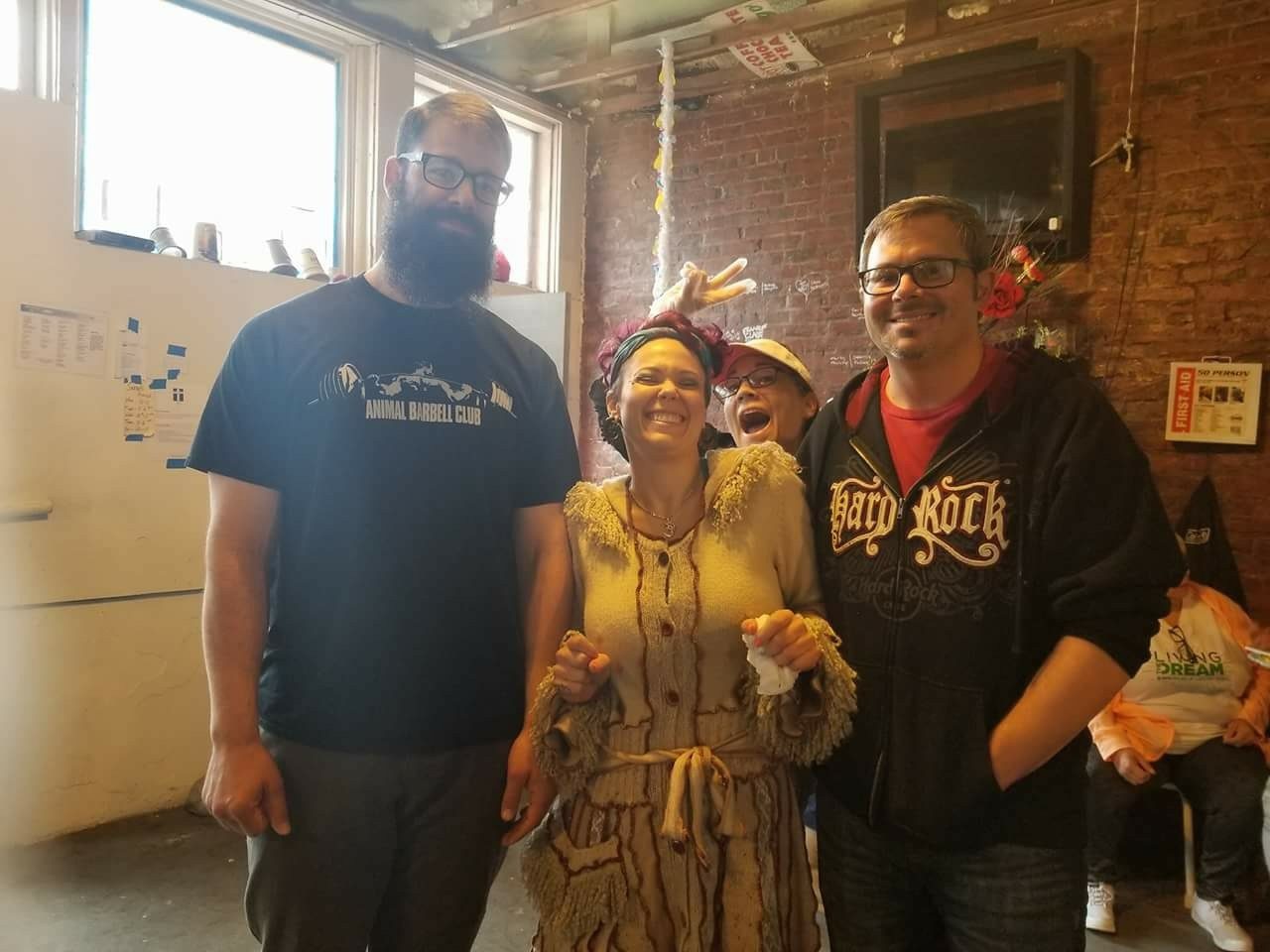
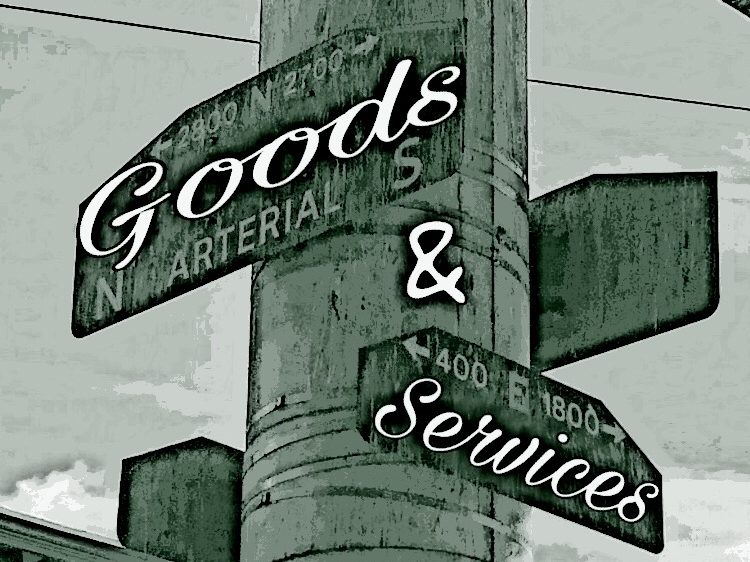
"By learning and working together, we can make strides towards repairing some of the harms this epidemic has created."
I grew up outside of Philadelphia in Montgomery County, in the Norristown area. I’ve been a drug and alcohol counselor for the last eight years. I stopped using drugs ten years ago. My parents partied a lot, and my brother and I were exposed a lot of that culture from a young age. We spent a lot of time at bars and parties as children. At the time, I thought it was normal, but later learned that it wasn’t. My parents split up when I was around eight years old. I began experimenting with drugs when I was twelve.
I casually smoked marijuana at twelve and was an everyday user by thirteen. My mother knew about my marijuana use, but turned a blind eye. She thought it was safer than letting me do it outside and run the risk of getting in trouble. I felt free to try what I wanted, which led to other drugs. Things escalated to the point where I began selling marijuana, and it soon became my main focus. At sixteen, I was introduced to OxyContin and immediately began using it regularly. I met an older woman who was prescribed OxyContin for her lupus. I’d buy the pills from her and then resell them, keeping some for personal use. That connection eventually dried up, and I spoke with an older friend about the situation; he said I should move onto to heroin. Considering how expensive the pills were becoming, I took his advice. We went to Philly and found a heroin connection. When I was selling, I’d warn people that it was a serious drug and they shouldn’t start it, but if they wanted it, I had it. I had attended several AA meetings with my mother as a child, and knew from those meetings that I had use issues by this point.
At seventeen, I began selling heroin again and got deeper into dealing. I enjoyed the lifestyle and thought it was a great way to make money for myself. I learned the nuances of the trade by listening to other more experienced dealers in the therapeutic community. I also held a job as a busboy at a bar while I was dealing. Two days after turning eighteen, I was pulled over by the police for a broken tail light; upon searching my person, the officer found heroin and money in the car. I was released that night after agreeing to appear in all future court proceedings. This being the second encounter of my life with law enforcement for heroin, I told my mom I’d stop selling and using, but I was not able to keep that promise. Six months later, I was involved in a confidential informant sale, which I discovered when the police served a warrant at my home. I got locked up for eleven months, which was a remarkably short amount of time. I eventually got out on work release and was employed on a garbage truck.
I went back to using heroin but didn’t have the same amount of money I had before, so I began shooting up. In order to use while on work release, I’d keep the heroin at different places, use it, and then go to work and return to the jail in the evening. I got around my mandatory drug testing and urinalysis readings. However, I showed up late to work once, and I was sent back to jail. I served the rest of my time.
Right before leaving jail, I became a Muslim. I had studied several tenants of the faith and it attracted me. I was still reluctant to go to the mosque though; I didn’t know anyone there. I began receiving a lot of judgement from others for changing my faith and a lot of people gave me grief over it. I didn’t mind though, I’d always shunned the norm. Despite this shift in how I viewed things, I still wasn’t making the connections between my life and faith. So, when I got out, I returned to the same patterns of behavior I had participated in before. I began shooting up immediately. I went back to jail after being out for a few weeks for a simple possession charge, which led to a probation violation.
I eventually went into juvenile rehab at fifteen. Upon going back to school, it felt weird attempting to adjust back into that environment. I transferred schools to get into a “better” environment, but I was still using and selling heroin. I was eventually caught with heroin at the school; the police were called. I spent a month in the Montgomery County Juvenile Detention facility, and from there, nine months in a long term juvenile therapeutic treatment community for adolescents with substance use issues and/or drug dealing activity. I was on house arrest when I got out. I maintained sobriety and employment for the few months of supervision until it was terminated.
As a consequence, for the probation violation, I was put into a restrictive intermediate punishment program, where I spent six months in jail, six months in rehab, and then six months in a halfway house. I went to the Gaudenzia West Chester treatment facility. My counselor told me that I was a good communicator, and I should consider becoming a counselor. I didn’t pay it any mind at the time. While at the halfway house, I couldn’t find work anywhere due to my prior inmate history, but finally got a job at a car dealership.
After completing the halfway house program, I continued to work at the dealership for two years and maintained a drug free lifestyle. The dealership eventually went under due to the owner being arrested for illegal international activity, which was a surprise to everyone. Once I found out that the dealership was closing, I stopped by the halfway house I had completed. I told them my situation and asked if they could offer me any work hours. Luckily, they said yes.
I worked part time and made sure to make myself available whenever possible. Ultimately, I got a lot of hours and was working there often. I also enrolled in the local community college to get my Associate’s Degree in Human Services. I was able to leverage those experiences to become an assistant counselor at Gaudenzia. I eventually went on to get a bachelors in linguistics from Temple. I had always wanted to teach overseas. I eventually left Gaudenzia and, briefly, worked at a school as a behavioral specialist. I then moved on to become a counselor at the halfway house I originally stayed and worked at.
After completing the halfway house, I got married in 2008. My son was born in 2009 followed by his two sisters in 2015 and 2016. I am proud that I am able to be present for my family in a way, I know, I would not be able to be if I were still using the way I was. I’m just happy that my kids will never be forced to see me high or in incarcerated.
In 2017, my younger brother passed away from an opioid overdose. Before he died, he had been in and out of jail often. He had a checkered past like me. One thing he aspired for was to have a child. I think he implicitly thought once he had a child he’d get his life together, but that wasn’t the case, despite his infatuation and undying love for his son. I had tried to help him get sober and put things back together; however, my approach always seemed to come off as lecturing. I had heard about so many people overdosing up to this point and didn’t want it to happen to him. He was becoming frustrated by my attempts to get him on track, and it was straining our relationship. The last time I spoke with him was when I tried talk him into getting a job. About a week later, I got a call from my mom that they had found him unconscious. He was gone by the time they found him.
The more I tried to pull away from counseling to pursue a career in Linguistics, the more I am pulled back to helping others. I continue to learn more about counseling, like trauma-informed care and harm reduction, which are more inclusive ways of treating people; different from the antiquated traditional 12 Step philosophies I was brought up in. I made the decision to quit pursuing my advanced degree in linguistics so I could focus on my counseling career. It was a hard choice to make, but I felt it was the right choice. My experiences allow me to empathize more with the people I’m trying to help. I understand what it’s like to do everything you can to just not feel anymore. I’m able to take the experiences I went through and use them to relate to those I’m helping.
In recovery, it’s important to learn how to be flexible and adaptable. I realized through plenty of turbulent life experiences that if I did use again, I would lose who I had become. I had to learn to adapt to life’s situations. I always tell those I’m helping though, that what’s helped me may not help them and vice versa. It’s important to remember that there will be hard times, but you can’t have good times without having the hard times, and those hard times make you appreciate the good ones. I appreciate everything I have today because I remember a time when I didn’t have anything.
This is why I am sharing my story, because I feel a lot can be done to help those in my former situation. There are things we can all do to help. I started a non-profit called Goods & Services to become a resource hub for people in need to find goods and services that are being provided by various organizations and a means for coordination between the organizations as well.
It’s important to coordinate activities with each other too, you don’t want a bunch of people providing services on one day and none on the next day. We are focused in the Kensington area of Philadelphia as that seems to be the epicenter of the issue we are grappling with. We’re able to offer a hot meal and coffee every Sunday for over 200 people, which is our way to develop relationships with the individuals who are currently living with substance use issues. We also provide clothes and other essentials to help them meet their basic needs. We need to work as a community. We also need to work on a lot of big picture stuff too. That’s why I feel that it’s absolutely necessary to implement harm reduction strategies, like safe injection sites and expand housing first programs. These programs have been implemented in in other countries, and they’ve really improved their drug problems. We should learn from those experiences. By learning and working together, we can make strides towards repairing some of the harms this epidemic has created.
